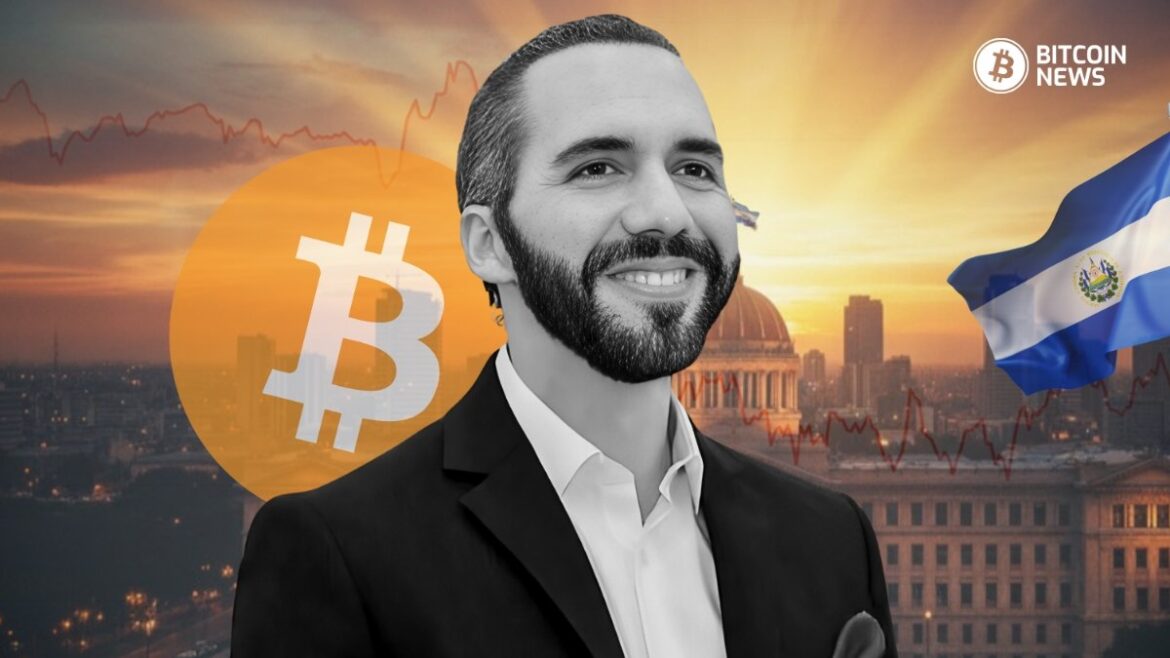Key Takeaways
- El Salvador made a record BTC purchase despite a sharp market drop and IMF loan restrictions.
- The government may be using technical workarounds to keep buying without using fiscal-sector funds.
- Supporters praise the long-term strategy, while critics warn of financial risk and mixed transparency.
El Salvador has made its biggest bitcoin purchase ever. The country bought about 1,090 BTC in one day, worth around $100 million. The purchase happened as bitcoin prices dropped to their lowest level in months.
This brings El Salvador’s total bitcoin holdings to about 7,475 BTC. At current prices, that is worth more than $670 million. President Nayib Bukele celebrated the news by posting a screenshot on social media and writing, “Hooah!”
Bitcoin has recently fallen sharply. It even dropped below $90,000 as global markets became nervous. Many short-term investors sold their coins at a loss, and billions of dollars of leveraged positions were liquidated.
However, El Salvador decided to buy instead of sell. This continues Bukele’s strategy of purchasing one bitcoin every day. He began this policy in November 2022 and has continued through both good and bad market conditions.
Some analysts commended El Salvador’s commitment to buying bitcoin during market weakness. Supporters believe the country will benefit in the future when bitcoin prices recover. But no one knows for sure whether this long-term strategy will succeed.
The purchase has caused new questions, especially regarding the country’s deal with the International Monetary Fund (IMF). El Salvador has a $1.4 billion loan agreement with the IMF. As part of that deal, the government is supposed to stop making new bitcoin purchases using public funds.
Related: El Salvador Continues Buying Bitcoin Despite IMF Deal
Because of this, there are mixed messages about what is really happening. President Bukele said back in March that the country would keep buying bitcoin. But some believe that no new BTC purchases have been made since February.
The IMF has also suggested that increases in holdings might simply come from moving bitcoin between government wallets, not from buying more on the open market.
However, Stacy Herbert from El Salvador’s Bitcoin Office strongly disagrees. She has said that “Some ‘bitcoiners’ trust the words of the IMF over the stacking actions of El Salvador recorded for eternity onto the Bitcoin blockchain.”
The IMF may review this situation again later, but it is unclear whether anything will happen as a result. Some analysts believe El Salvador is being creative.
The country might be using legal and financial technicalities to keep accumulating bitcoin without formally violating its agreement with the IMF. While critics say the government is undermining the spirit of the deal, supporters argue it is simply following the rules creatively.
The IMF’s restrictions apply to the government’s core budget—money from taxes, sovereign debt, or international loans—so El Salvador is structuring its bitcoin purchases in ways that avoid using these “fiscal sector” funds.
El Salvador became the first country in the world to make bitcoin legal tender in 2021. The government launched a national Bitcoin wallet, provided incentives for users, and even proposed ideas like bitcoin bonds and a “Bitcoin City.”
Later, after its agreement with the IMF, the Latin American country dialed down its Bitcoin initiatives. Those include reducing involvement in the Chivo wallet, and making bitcoin acceptance by merchants optional.
Critics warn that this strategy is risky because bitcoin prices often change quickly. With the recent price drop, El Salvador’s bitcoin holdings have lost nearly $200 million in value from their previous highs.
However, the government continues to say that this is a long-term plan. President Bukele believes the goal is not only financial, but more like a reformation.

